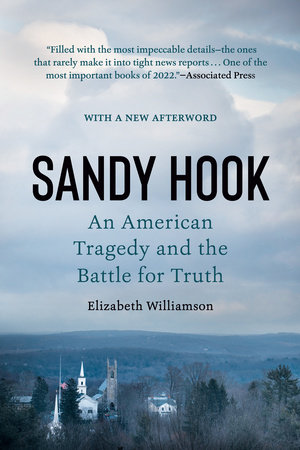Of all the disturbing and predictable paths of the 21st century, Effective Altruism and its increasingly popular subcult of Longtermism are no longer the exclusive province of whackadoodles, but openly promoted by dangerous techbro white supremacist billionaires like Elon Musk and Peter Thiel and Jeff Bezos and Richard Branson who shape global policy and culture to justify and mirror their own world view of selfish moral leprosy. (Yes this is what all the personal space travel is about.)
At the heart of it all is Nick Bostrom, author of Superintelligence, a book I had long had on my reading pile which now currently resides in the trash, who argues that purging billions of humans now by letting them die in events like a climate catastrophe will provide increased value for the universe in the future, with human intelligence possibly living inside computer simulations a la The Matrix. They are serious in their beliefs. Since I bought the book Bostrom has been exposed as a white supremacist who believes that people of color in southern climates are expendable in a white future; Elon Musk is one of his biggest fans.
This is the eugenics of our time, and its adherents and frontmen are no different than extreme fundamentalists who believe in The Rapture, but in this scenario, with pre-emptive mass death actions driven by human choice while the Effective Altruists take on the role of gods.
This article is a long and important read that explains quite a lot of the political and media dynamics we’re currently experiencing, especially the resistance to taking any meaningful action on climate change. While we’re diverted and distracted by political speculation and vapid bickering, the entire world has been put into play by these maniacs. Highly recommended and well worth your time.





